
NO&T Dispute Resolution Update
NO&T Asia Legal Review
In Reliance Infrastructure Limited v Shanghai Electric Group Co Ltd [2024] SGHC(I) 3, the Singapore International Commercial Court division of the Singapore High Court recently dismissed the application by Reliance Infrastructure Limited (“Reliance Infrastructure”) to set aside the arbitral award in which the arbitral tribunal (“Tribunal”) enforced Reliance Infrastructure’s guarantee of Reliance (UK)’s (a related company) liabilities under a supply contract (“Guarantee”). Even though the issue of whether the Guarantee was valid was raised before the Tribunal, Reliance Infrastructure sought to raise it again in the setting aside application before the Singapore courts, with a new argument that the employee’s signature on the Guarantee was forged. The Singapore High Court rejected the application and held that Reliance Infrastructure had waived its right to challenge the award based on forgery when it opted not to raise a jurisdictional objection based on the forgery at the arbitration stage. This is an exemplary case for arbitration users and practitioners to be prudent to raise jurisdictional objections timely in the arbitration process so as not to risk waiving its rights later on.
The original arbitration proceeding was brought by Shanghai Electric Group Co Ltd (“Shanghai Electric”) against Reliance Infrastructure pursuant to the Guarantee for the sums owed by Reliance (UK) under a separate supply contract. The Guarantee document provided for arbitration under the Singapore International Arbitration Centre (“SIAC”) in the event of a dispute. The validity of the supply contract was never in question. However, the validity of the Guarantee was put in issue in the SIAC arbitration, in the form of a defence against Shanghai Electric’s claim on the Guarantee on the merits.
Before the Tribunal, Reliance Infrastructure pleaded that the Guarantee was invalid and unenforceable as (1) it was not aware of its existence and had no records of it internally, and (2) the employee who signed the Guarantee, Mr Agrawal, did not have the authority to execute it. Reliance Infrastructure did not argue that the signature on the Guarantee was forged, nor did it adduce any evidence from Mr Agrawal himself (who had already left the company at the time of the arbitration).
After the arbitration hearing, in response to the Tribunal’s question, it came to light that the letterhead of the Guarantee was printed in black-and-white in the original, with the signature in blue ink. Ordinarily, company letterheads would be in color in the original as these are likely official printed stationery of the company, and a black-and-white letterhead potentially suggests that it has been misused. Reliance Infrastructure argued that the black-and-white letterhead meant that it was “a nullity (as all forgeries are nullities)”.
Ultimately, the Tribunal was not persuaded that the Guarantee invalid, and even reasoned that since Reliance Infrastructure did not put in issue the Guarantee was a forgery, it must be taken to have conceded that the Guarantee existed. Moreover, as the Tribunal held that Mr Agrawal had the apparent authority to sign the Guarantee on Reliance Infrastructure’s behalf, it enforced the Guarantee and ordered Reliance Infrastructure to pay damages to Shanghai Electric for outstanding payments that were due under the supply contract between Shanghai Electric and Reliance (UK).
Reliance Infrastructure sought to set aside the award on the basis that the Tribunal had no jurisdiction over the dispute as the Guarantee (that included the arbitration agreement) was forged. Reliance Infrastructure tried to frame it as only having had actual knowledge of the forgery after the award had been published, because it only learned from Mr Agrawal that he had never signed the Guarantee in early 2023. The Singapore court dismissed the application as it found that Reliance Infrastructure had subjectively believed that the Guarantee was forged, but consciously chose not to raise a jurisdictional objection at the arbitration stage. The court held that a party will be considered to have waived its right to raise a jurisdictional objection in a setting aside proceeding if it had made a decision not to raise it during the arbitration when it ought to have done so at the juncture.
This case is a timely reminder that a respondent in an arbitration proceeding should carefully consider at the pleadings stage whether a defence that it intends to make against a claim could amount to an objection as to the jurisdiction of the tribunal. This is because under most arbitration rules, the latest point in time where a jurisdictional objection must be made is usually at the time of the filing of the defence. The Singapore courts have shown that they will not entertain an unhappy award debtor trying to take a second bite at the cherry by raising arguments that it should have properly brought at an earlier instance before an arbitral tribunal.
This newsletter is given as general information for reference purposes only and therefore does not constitute our firm’s legal advice. Any opinion stated in this newsletter is a personal view of the author(s) and not our firm’s official view. For any specific matter or legal issue, please do not rely on this newsletter but make sure to consult a legal adviser. We would be delighted to answer your questions, if any.
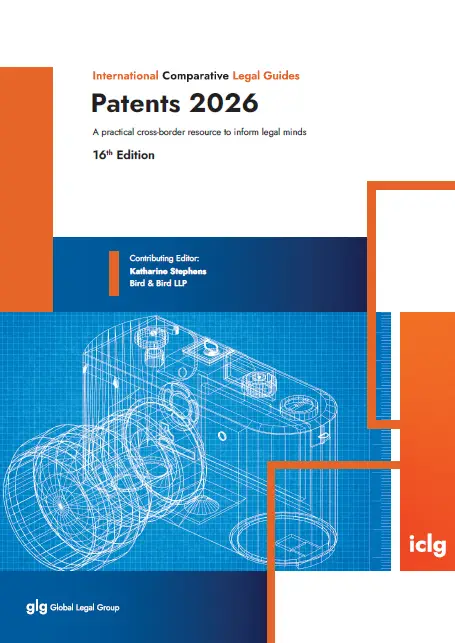

(October 2025)
Kenji Tosaki
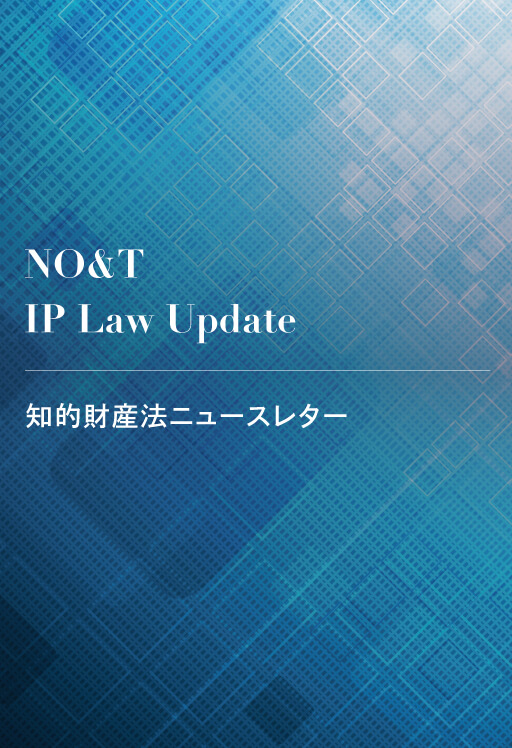

Kenji Tosaki, Takahiro Hatori, Nozomi Kato (Co-author)


Claire Chong, Nozomi Kato (Co-author)
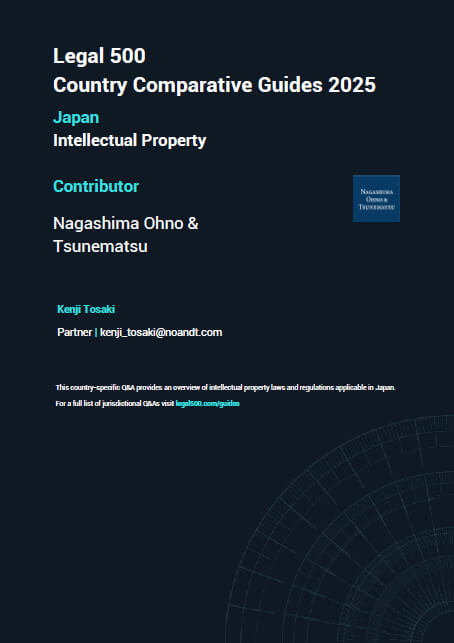

(September 2025)
Kenji Tosaki


Justin Ee, Kennosuke Muro (Co-author)
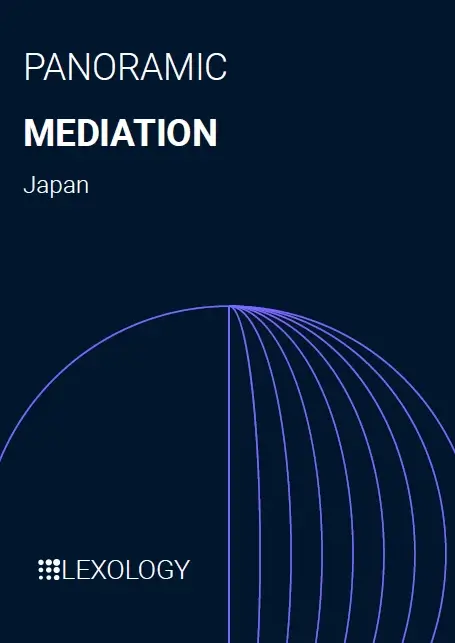

(July 2025)
Junichi Ikeda, Tomohiko Nabeshima, Akiko Inoue (Co-author)
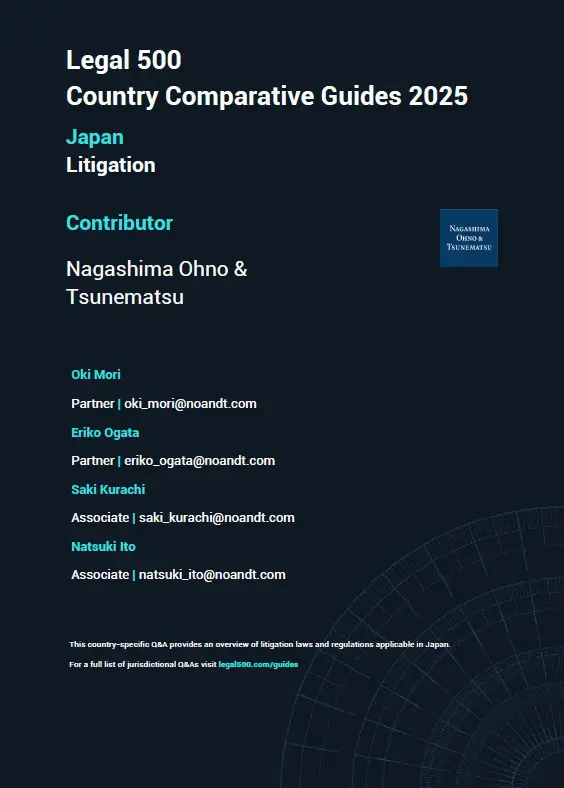

(July 2025)
Oki Mori, Eriko Ogata, Saki Kurachi, Natsuki Ito (Co-author)


Hiroki Tajima


Claire Chong, Nozomi Kato (Co-author)
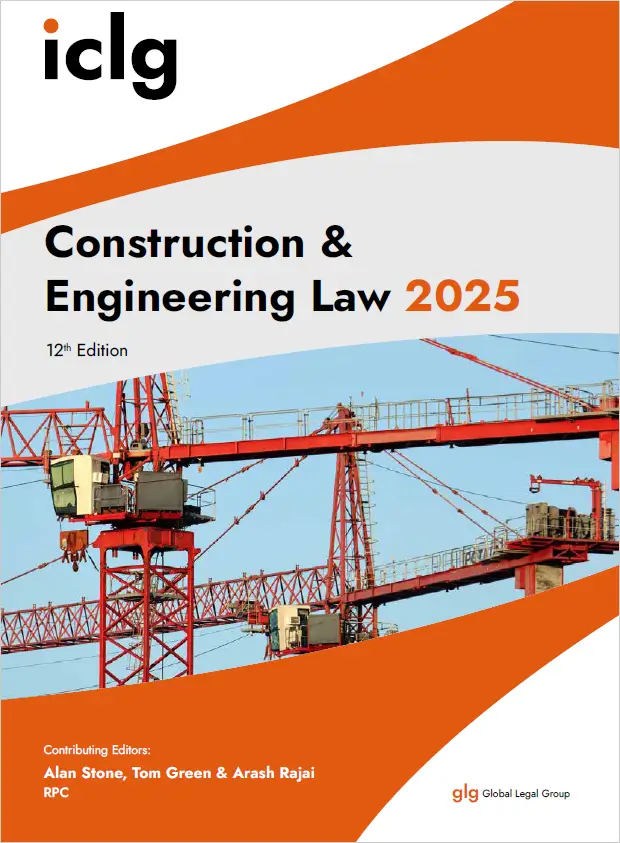

(August 2025)
Kaori Sugimoto


Justin Ee, Kennosuke Muro (Co-author)


(July 2025)
Junichi Ikeda, Tomohiko Nabeshima, Akiko Inoue (Co-author)


Supasit Boonsanong, Thananya Pholchaniko, Phareeya Yongpanich (Co-author)


Patricia O. Ko


Claire Chong, Nozomi Kato (Co-author)


Yuan Yao Lee


Supasit Boonsanong, Thananya Pholchaniko, Phareeya Yongpanich (Co-author)


Patricia O. Ko


Claire Chong, Nozomi Kato (Co-author)


Yuan Yao Lee


Claire Chong, Nozomi Kato (Co-author)


Justin Ee, Kennosuke Muro (Co-author)


Kara Quek, Kennosuke Muro (Co-author)


Annia Hsu, Kennosuke Muro (Co-author)